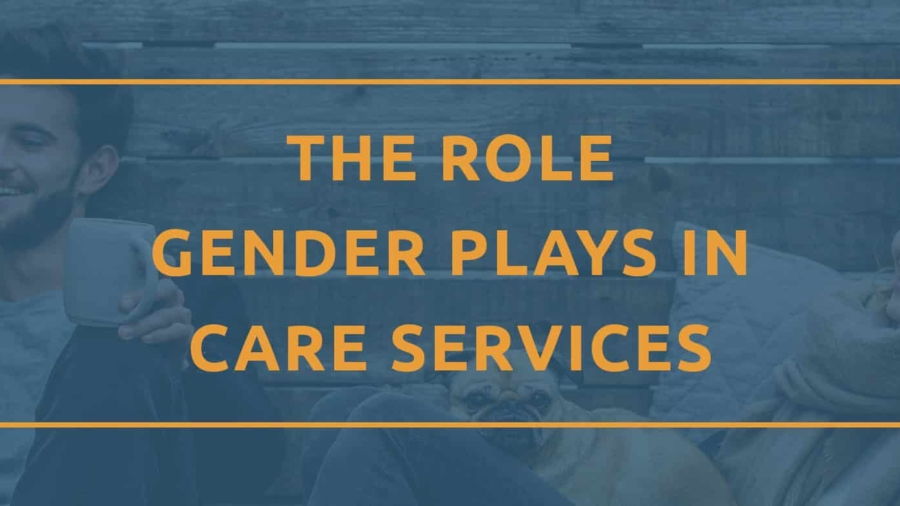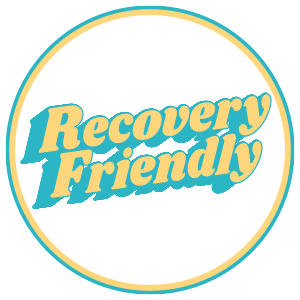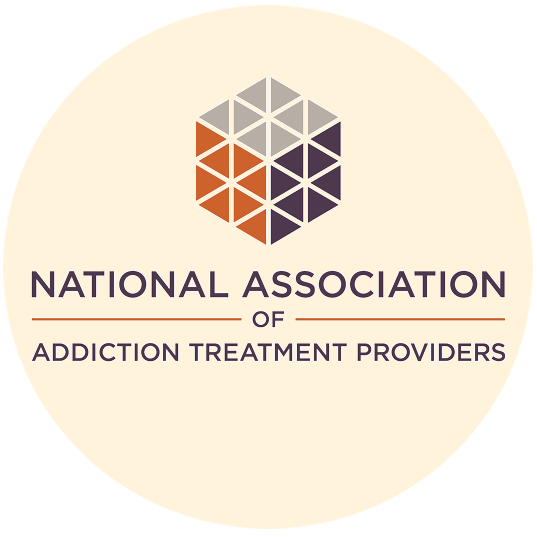So many people are battling mental health and substance use disorders during what has been a very uncertain time in the world. They need outlets to channel their emotions and feel that there is hope for them to transition into a renewed life successfully. Intensive outpatient programs and similar treatment programs offer dedicated therapy sessions to ensure that patients successfully transition from inpatient facilities like medical detox services. There are also extended care facilities, relapse prevention programs, and case management centers available for people who require much-needed direction as they try to begin a new and more fulfilling life.
While mental health and substance use disorders affect men and women from all walks of life, men and women are affected differently by these issues. The biological differences, as well as differing thought processes, necessitate the introduction of specialized, gender-specific services to care for the respective
challenges men and women face with their mental health care needs. Here is how gender plays a role in services for men and women in recovery.
Stark Differences in Mental Health for Genders
Mental health experts will tell you that women are more likely to suffer from depression, addiction, and stress disorders tied to traumatic events than men. The patterns of mental illness are noticeably different, in part, due to the biological contrasts between men and women. The estrogen and progesterone that women produce can have significant effects on mood and stress. Studies have identified the impact of these hormones on mental health combined with preexisting fears or anxieties that a person may be experiencing.
Men are more likely to internalize their issues and concerns than women are, requiring different approaches from mental health experts to get to the root of problems. Men are considerably more at risk of suicide and, according to statistics, have been less likely to receive formal treatment for mental health in recent times than women have.
The need for gender-specific mental health services for men is prevalent because of the stigma that still surrounds men’s mental health. The stigmatization is particularly pronounced in men because of age-old
gender perceptions surrounding men and women, preventing men from seeking professional help. Men need facilities where they feel they won’t be judged for expressing their mental frailties. Both women and men need gender-specific spaces to feel comfortable talking about their mental health concerns in their own way.
Why are Genders Separated in Early Recovery?
There are also stark differences in how men and women handle substance use disorders. Researchers have discovered that men are more likely to abuse drugs and alcohol than women, with over 11% of males over 12 having a disorder compared to just over 6% of females over 12. However, women are likely to end up in the emergency room or suffer fatal consequences due to substance abuse. Biological and sociological differences play their role in helping each gender address substance use disorders. Men are more likely to develop an addiction or use substances because of peer pressure to fit in with a social circle.
Research has also shown that during the recovery process, men are more likely to stabilize their substance usage at lower doses than women, while women are more prone to the side effects of substance abuse, such as liver damage and overdose. Furthermore, men are more likely to experience intense alcohol withdrawal symptoms than women during the recovery stage. Because of the vast differences in how men and women recover from substance use disorder, it is essential to have gender-specific treatment that caters to these differences, addresses the biological and sociological differences, and creates a clear pathway to sobriety from the early recovery stage.
The Benefits of Gender-Specific Treatment
Approaching treatment from a gender-specific perspective provides specialized attention for men and women. More men prefer residential treatment and 90-day programs to help accelerate their recovery from substance use disorder. Furthermore, gender-specific treatment includes peer support, with patients sharing their life experiences and being relatable with others through those experiences. Men face challenges that only men face, and women face challenges unique to women. Being in gender-specific treatment allows men and women to share their feelings among their respective genders
in a judgment-free environment.
Another valid reason for gender-specific treatment for things like mental health problems and substance use disorder is that there is less potential for distractions. There are cases when being around the opposite sex triggers a lack of focus and potentially leads to attraction. There can also be a level of apprehension sharing sensitive information. One advantage of being in a gender-specific treatment environment is that you may feel more comfortable sharing your concerns and sensitive information with someone from the same gender.
If your life has become unmanageable due to alcohol or substance use disorder, please reach out. There’s no shame in asking for help as a man. Reach out to us today and let Next Step Recovery in Asheville, NC give you the right tools to help fix your situation.







